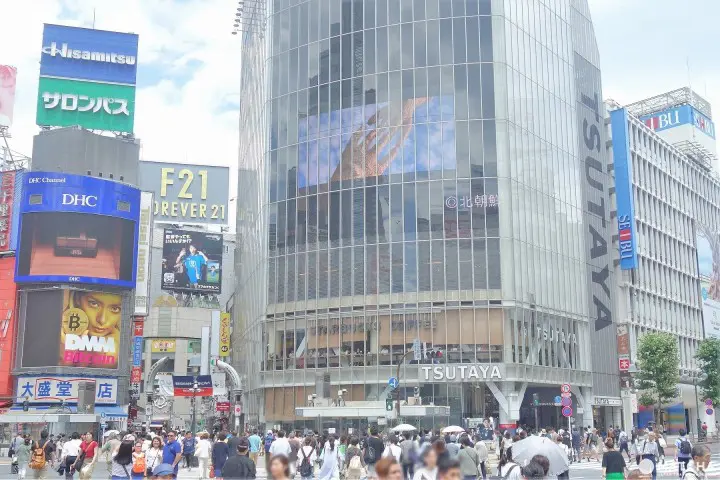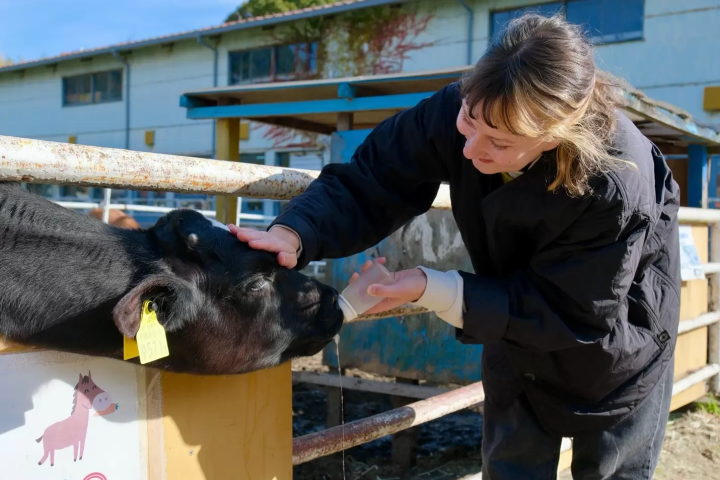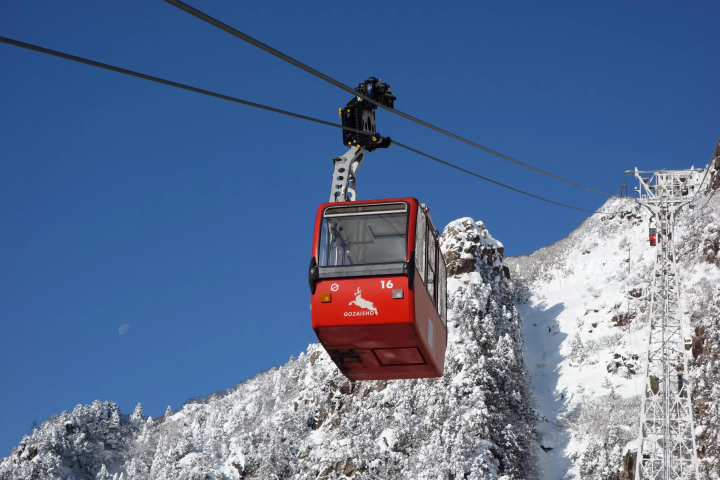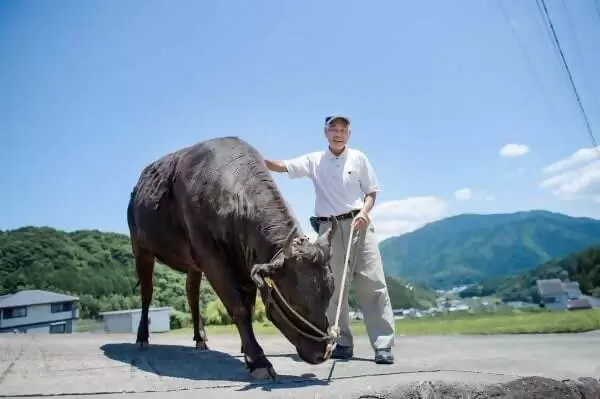Lost In The Train Station? 9 Useful Japanese Phrases For Traveling

Trains are convenient for traveling around Japan, but it's quite easy to get lost in a train station. We teach you some simple Japanese phrases to help you in such a situation.
When You’re Lost, Try Asking a Train Station Employee for Help in Japanese
Did you ever want to go somewhere by train, but you didn’t know how to buy a ticket or where to get on the train? We’ve prepared a list of useful phrases in case you encounter this issue at a Japanese train station.
If you get lost, how about asking an employee or someone nearby!
If you want to boost your Japanese language skills through online or in-person lessons, consider applying for a course at Tokyo Central Japanese Language School (TCJ).

Click on the voucher above to find a promo code that allows you to get a discount on learning materials at TCJ! The discounts range between 5,000 yen and 20,000 yen depending on the course you're applying for.
*If you want to know how to pronounce the words in the [ ], read our pronunciation guide.
If you Want to Buy a Ticket
1. Chiketto uriba wa doko desu ka?
[chiketto uribawa dokodeska]
“Where is the ticket counter?”
You can ask a station employee or the people around you.
2. ◯◯ iki no chiketto o kudasai.
[◯◯ikino chiketto o kudasai]
“One ticket for ◯◯, please.”
◯◯ is your destination.
Example
Tokyo iki no chiketto o kudasai.
[to:kyo:ikino chiketto o kudasai]
Before You Get on the Train
3.◯◯ iki wa nanban ho-mu desu ka?
[◯◯ikiwa nanbanho:mu deska]
“What platform are the trains bound for ◯◯ on?”
Example
Ueno iki wa nanban ho-mu desu ka?
[uenoikiwa nanbanho:mu deska]
4. Kore wa ◯◯ ni ikimasu ka?
[korewa ◯◯ni ikimaska]
“Does this train go to ◯◯?”
Example
Kore wa Shinjuku-eki ni ikimasu ka?
[korewa shinjukueki ni ikimaska]
5. Tsugi no densha wa, nanji desu ka?
[tsugino denshawa nanjideska]
“When is the next train coming?”
You can use this if your train has already left. Most stations will have LED sign boards showing any arrival and departure delays. Use those if there isn't any station staff nearby.
Riding on the Train
6. ◯◯ eki ni wa, itsu tsukimasu ka?
[◯◯ekiniwa itsu tsukimaska]
“When will this train arrive at ◯◯?”
There may not be any staff in the actual train, so we recommend asking a fellow passenger.
Example
Asakusa-eki ni wa, itsu tsukimasu ka?
[asakusaekiniwa itsu tsukimaska]
Getting Off the Train
7. ◯◯guchi (kaisatsu) wa dochira desu ka?
[◯◯guchi(kaisatsu)wa dochiradeska]
“Where is the ◯◯ exit (ticket gate)?”
It’s particularly easy to get lost in large stations like Shinjuku Station or Shibuya Station. Use this phrase before you leave the gate.
Example
Higashiguchi (east exit) wa doko desu ka?
[higashiguchiwa dochiradeska]
When Something Out of the Ordinary Happens
8. Toraburu desu ka?
[toraburu deska]
“Is there a problem?”
Trains may stop in the unfortunate event that there is an accident or an earthquake. While there will be an announcement in the train car, in most cases, the announcement is only in Japanese, so you may feel uneasy. When something happens, ask the people around you or a station employee.
9. Itsu ugokimasu ka?
[itsu ugokimaska]
“When will the train start moving again?”
The announcement in the train often just says “once we’ve confirmed the situation, we’ll start moving again”. Sometimes the announcement is more detailed, so if you want to know more, you can ask the people around you.
If You’re Lost, Ask For Help in Japanese
Did you find these phrases useful? Use them assertively to ask questions when you’re lost or need help at a train station. Enjoy your trip!
Read also
MATCHA編集・ライターのインターン生。カフェ・レストラン巡りと映画鑑賞が大好きな大学生。









































![[Kagoshima] Overcoming 12 Years of Hardship: Walking through Minamisatsuma City, the sacred land where the monk Ganjin landed](https://resources.matcha-jp.com/resize/720x2000/2026/02/21-259481.webp)

